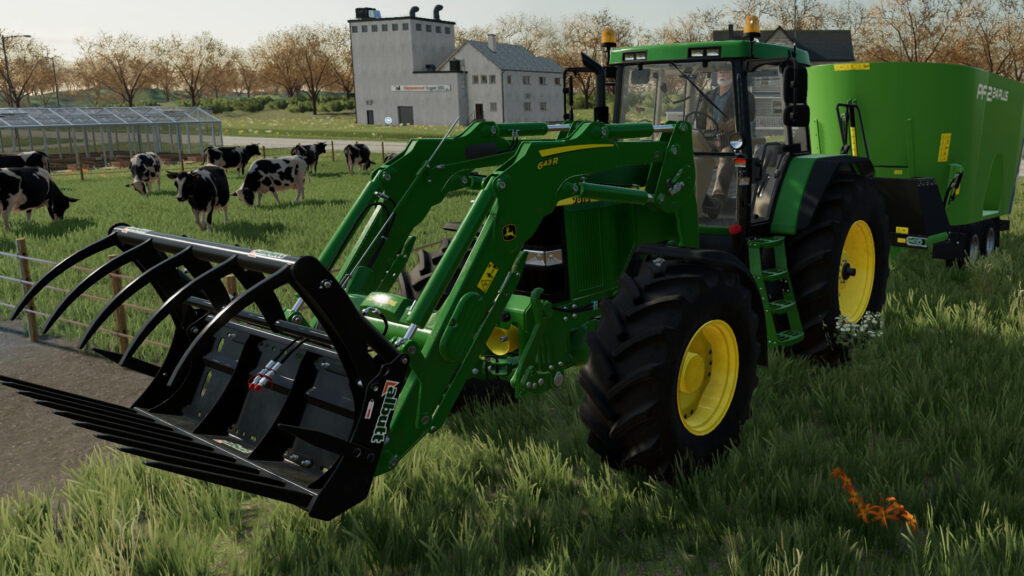
In a thought-provoking paper published in the Journal of Rural Studies, academics Simon Foureaux and Thomas Daum from the University of Gothenburg critically examine the popular video game Farming Simulator 22. Their study suggests that the game promotes a “productivist” view of agriculture, which prioritizes maximum crop yield and extensive land use, often at the expense of environmental sustainability.
The researchers argue that Farming Simulator 22 encourages players to adopt farming practices that focus on high production using large machinery and synthetic fertilizers. This approach, they claim, overlooks critical environmental feedback loops such as soil health and biodiversity. According to the authors, this portrayal could inadvertently shape public perceptions of what constitutes “good farming,” potentially influencing real-world agricultural practices.
Critique of Productivist Farming
The paper highlights a significant concern: the game’s implicit endorsement of a farming model that prioritizes short-term gains over long-term sustainability. This model contrasts sharply with emerging agricultural practices that emphasize environmental stewardship and the preservation of natural resources for future generations. The authors suggest that by depicting farming in this manner, Farming Simulator might contribute to a misunderstanding of sustainable agriculture among its audience.
Foureaux and Daum’s critique is not just a theoretical exercise; it reflects broader debates within the agricultural sector about the future of farming. As climate change and environmental degradation become pressing global issues, the need for sustainable farming practices has gained urgency. The authors argue that video games like Farming Simulator have the potential to educate players about these practices, but only if they incorporate more realistic and environmentally conscious farming models.
Modders Lead the Way in Sustainable Farming
While the base game may fall short in promoting sustainable agriculture, the authors commend the game’s modding community for addressing these gaps. Modders have introduced various add-ons that tweak gameplay mechanics to reflect sustainable practices, such as crop rotations, conservation agriculture, and realistic weather patterns. These modifications offer players an alternative perspective on farming, encouraging them to consider the environmental impact of their virtual farms.
One notable mod, Precision Farming, developed by Giants in collaboration with John Deere and EIT Food, introduces principles of sustainable agriculture into the game. It provides players with an environmental sustainability score for their farms, although this score is still tied to economic outcomes. Despite this limitation, the mod represents a significant step towards integrating scientific concerns into the gaming experience.
“The gameplay ignores environmental feedback loops like soil health and biodiversity,” the authors say.
Implications for Gaming and Agriculture
The discussion around Farming Simulator underscores the growing recognition of video games as influential media that can shape public understanding of complex issues. As gaming continues to intersect with various aspects of society, the potential for games to educate and inform becomes increasingly apparent. By incorporating more sustainable farming practices, games like Farming Simulator could play a crucial role in promoting environmental awareness among players.
Looking ahead, the authors hope that developers will take note of these critiques and work towards creating more balanced representations of agriculture. They envision a future where video games not only entertain but also educate players about the importance of sustainable farming practices.
As Farming Simulator 25 continues to garner attention with its impressive sales figures, the series remains a subject of academic interest and critique. The ongoing dialogue between developers, academics, and the gaming community highlights the potential for video games to contribute to meaningful conversations about sustainability and the future of agriculture.





